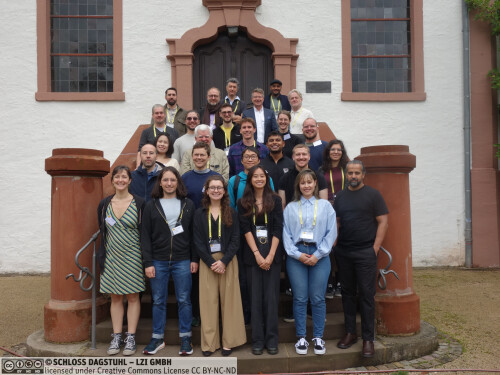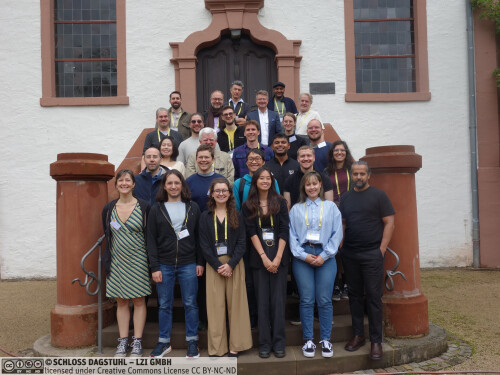Advanced Training 24393
Institute 2024 – Artificial and Human Intelligence
( Sep 22 – Sep 27, 2024 )
Permalink
Organizers
- Mehul Bhatt (Örebro University, SE)
- Paul Hemeren (University of Skövde, SE)
- Vasiliki Kondyli (Jagiellonian University - Kraków, PL)
- Árni Kristjánsson (University of Iceland - Reykjavik, IS)
- Jakob Suchan (Constructor University - Bremen, DE)
Contact
- Heike Clemens (for administrative matters)
External Homepage
Institute 2024 on Artificial and Human Intelligence brings together research methodologies and perspectives from Artificial Intelligence, Cognitive Science, Neuroscience, Psychology & Human Development, Human-Computer Interaction, and Design Science. The institute addresses:
- formal and computational foundations of next-generation AI and cognitive technologies with a principal emphasis on human-centred knowledge representation, semantics, commonsense reasoning, and integration of reasoning & learning. A key focus is reasoning & learning about space, action and motion in human-scale embodied multimodal interactions.
- behavioural research in cognitive science & psychology and neuroscience aimed at investigating human intelligence from the viewpoints of embodiment, multimodal interaction, and visuospatial thinking. Special emphasis is on aspects pertaining to visual perception, high-level event perception, inattention blindness, perception of motion, and narrative-based perceptual sensemaking.
Institute 2024 has an overarching focus on Next-Generation Human-Centred AI and Cognitive Technologies; its technical programme addresses the formal & cognitive foundations for human-centred computing (for AI), and the human-centred design, development, and usability of cognitive technologies aimed at human-in-the-loop assistance & empowerment in decision-making, planning, creative-technical problem-solving, and automation. Application areas to be addressed in the institute include autonomous vehicles, cognitive robotics, social robotics, cognitive/creative design assistance technologies (e.g., architecture and built environment design, visuo-auditory narrative media design), clinical diagnostics, technology-assisted education/learning.
The institute hosts an invited faculty delivering lectures and tutorials. Participating young researchers will have the opportunity to position early-stage research and seek mentorship from institute faculty.
 Mehul Bhatt
Mehul Bhatt
Classification
- Artificial Intelligence
- Human-Computer Interaction
- Other Computer Science
Keywords
- Artificial Intelligence
- Cognitive Science
- Human-Computer Interaction
- Visual Perception
- Spatial Cognition and Computation
- Design Science



 Creative Commons BY 4.0
Creative Commons BY 4.0
